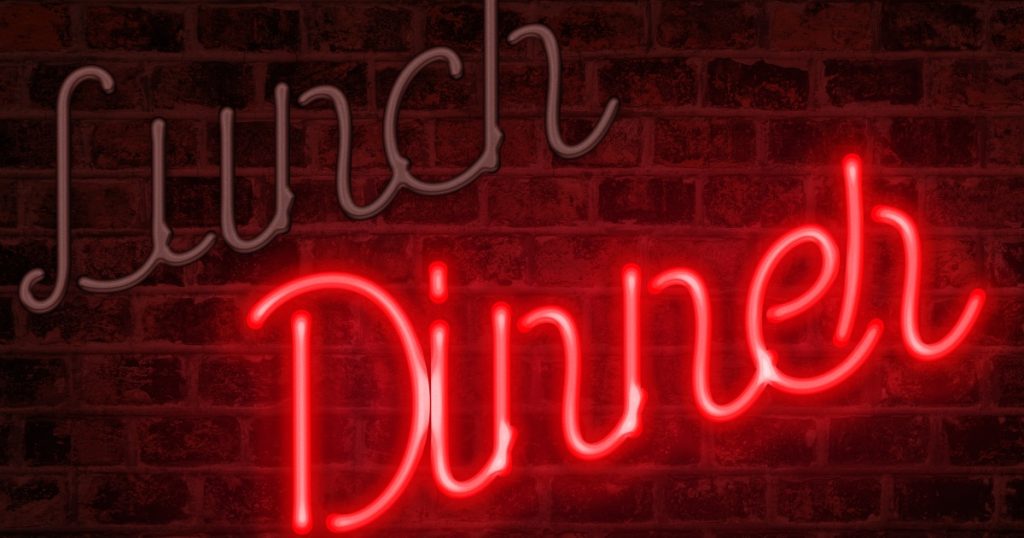The rise of hybrid work has led to a shift in consumer spending habits, with more people choosing to save their lunch money for evenings and weekends rather than spending it during the workday. Data from Square revealed that weekday transaction volumes at bars and restaurants during lunchtime were down compared to pre-pandemic levels, while card taps increased on weekends and during happy hours. The trend of increased evening and weekend spending has been observed in major U.S. cities, suggesting a new normal for post-pandemic leisure spending.
Consumers are splurging on meals and drinks after work as a way to relax and socialize, with brunch driving a significant portion of the weekend spending increase. Fast food chains are offering promotions to entice customers back amid price hikes, while alcohol brands are promoting canned cocktails to offset rising bar and restaurant prices. The shift in consumer habits is impacting businesses, with some restaurants experiencing declines in weekday lunch crowds while others are seeing increased foot traffic on evenings and weekends.
In Boston, for example, there has been a significant decline in weekday lunch transactions, which has been offset by increases in weekend and happy hour transactions. Restaurants like Aceituna Grill are adapting to the shift by focusing on attracting weekend crowds to make up for the decline in weekday business. Young consumers are a key target for bars and restaurants as they aim to draw evening and weekend crowds by offering unique experiences and enticing promotions.
Fast-casual brands like Sweetgreen and Chipotle have seen stronger business this year compared to the general restaurant industry, as more affluent customers are still spending on eating out. However, lower-income consumers are starting to cut back on dining out due to higher prices at fast-food chains. Despite the overall trend of increased evening and weekend spending, there are exceptions, such as in Brooklyn where midday spending was only slightly down and weekend transactions were still below pre-pandemic levels.
Not all consumers are increasing their leisure spending on nights and weekends, with some individuals prioritizing other expenses or taking advantage of work-provided amenities. For example, Nicholas Louie, who works in Manhattan, mentioned that he spends more on work lunches but doesn’t prioritize drinking on weekdays. His weekend leisure spending is inconsistent, and he benefits from having access to free alcohol in his office. Overall, the shift in consumer spending habits has implications for businesses in the food and beverage industry as they navigate the changing landscape of post-pandemic leisure spending.


